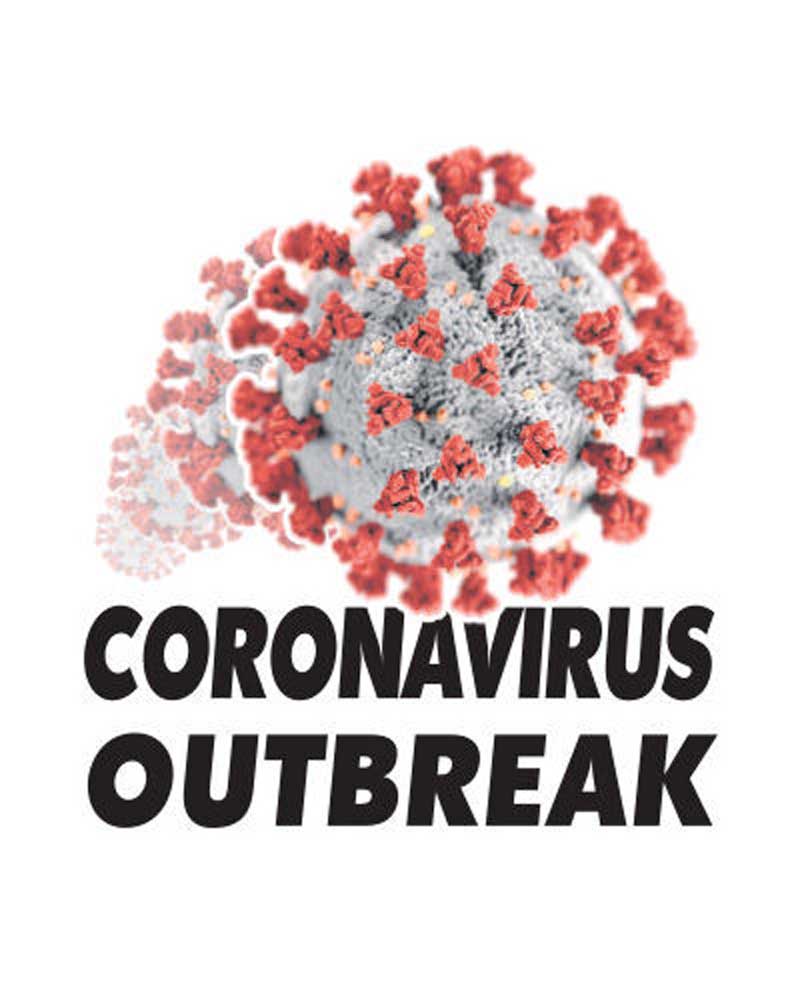UW study finds COVID virus in dogs, no public health risk
Published 10:15 am Wednesday, April 28, 2021

- {photoSource}Capital Press{/photoSource}
The virus that causes covid-19 was found in several dogs, but presents no significant public health risk, the Washington Department of Agriculture and the University of Washington say.
According to the department, 23 samples tested positive for antibodies to SARS-CoV-2.
“We only have antibody test positive results at present, so we cannot say much about the risk between dogs or from dog to human — we don’t have evidence of this yet,” said Peter Rabinowitz, director of UW’s Center for One Health Research, which studies the health links between humans, animals and their shared environments. “But we want to keep studying the problem to get more evidence.”
Cat antibody tests are still in process, Rabinowitz said.
“The fact that dogs are turning up positive in our study indicates that human to pet transmission of covid can occur and people infected with covid should take precautions such as masks, distancing, and hand washing, to protect both other people and pets,” he said.
These are the first cases of a pet testing positive in Washington, but not the first in the U.S., as there have been numerous reports nationally of companion animals testing positive for SARS-CoV-2, according to WSDA.
The Centers for Disease Control and Prevention (CDC) and the U.S. Department of Agriculture (USDA) both state that there is no evidence that animals play a significant role in spreading the virus to humans.
“These detections are not a surprise given the other cases reported across the country,” Washington State Veterinarian Dr. Brian Joseph said in a WSDA press release. “While there is no significant public health risk, we would advise pet owners who are covid-positive to take measures to protect their pets from the virus.”
Farmed mink have shown signs of widespread covid infection.
“So far to my knowledge there are not major concerns about cows, goats or sheep or other livestock,” Rabinowitz said. “However, many different animals have the ACE2 receptor, so in the future the picture might change as the virus keeps evolving.”
The Washington State Department of Health recommends that people who are ill with covid-19 and in home isolation avoid direct contact with pets. If possible, a household member should care for pets in the home. If a person with covid-19 must care for pets or other animals, they should wear a mask and wash their hands before and after interacting with them. If an animal becomes sick, owners should contact a veterinarian.
The samples tested in this incident were first obtained by UW researchers as part of a study the UW is leading on pets and companion animals from households where humans have tested positive for covid-19.
The covid-19 and Pets Study began in early 2020 after the pandemic struck Washington and is being done in partnership with the Washington Animal Disease Diagnostic Laboratory (WADDL) at Washington State University.
https://www.biorxiv.org/content/10.1101/2021.04.24.440952v1






